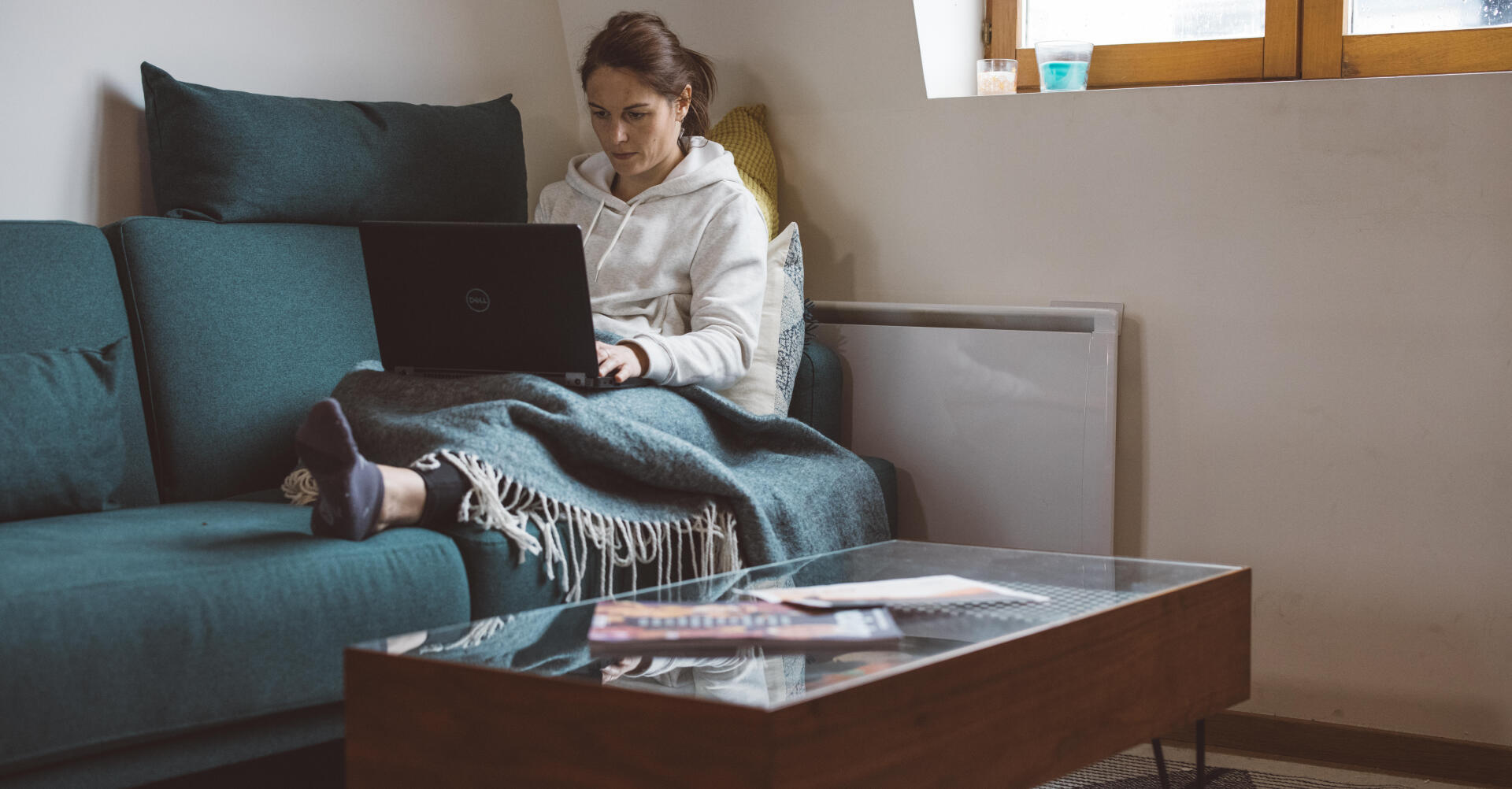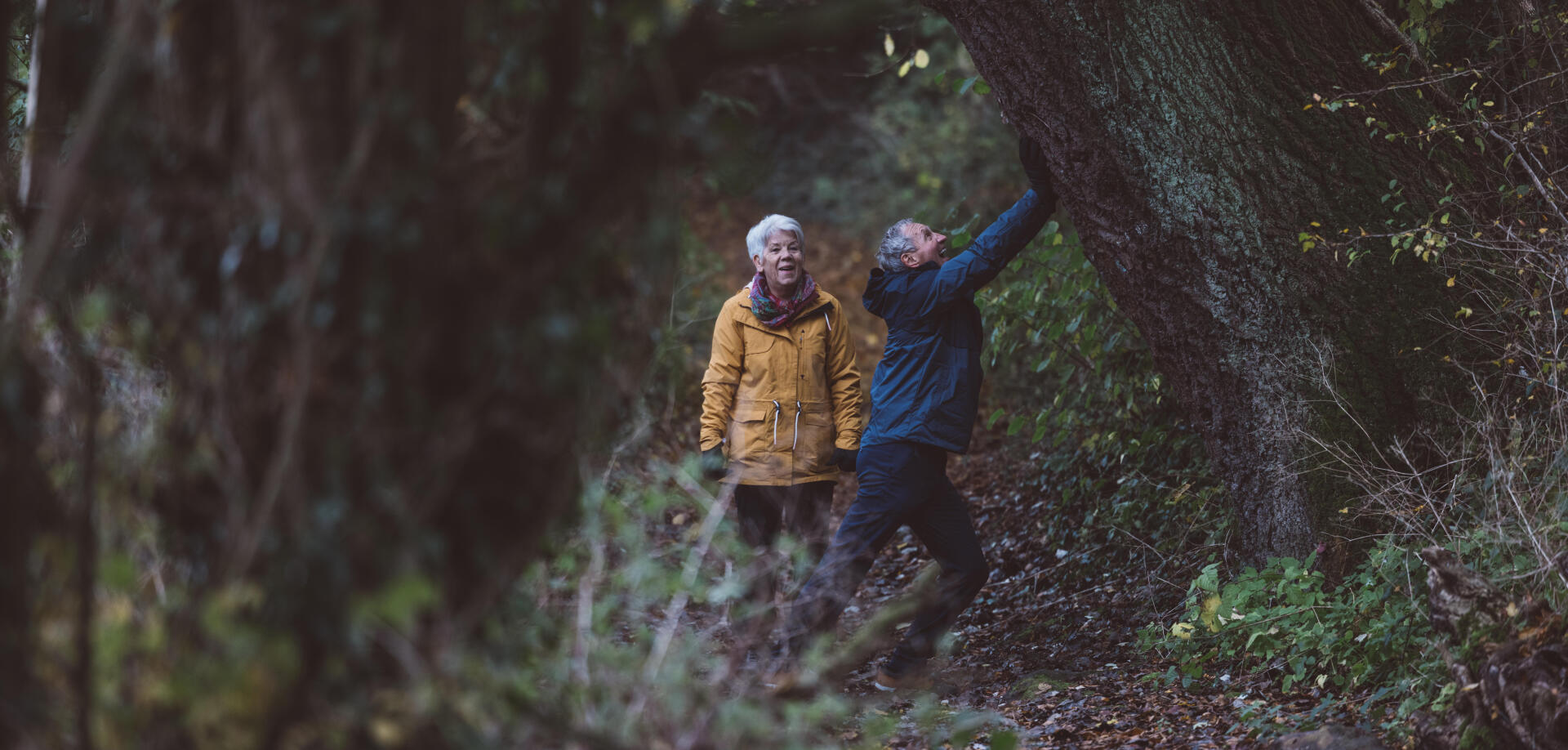1- How can a season affect your mood?
I thought we were conditioned by the pace of society, and that in winter, it's only because of Christmas and New Year parties that you start eating more; and that morale was high because of the joy of the holidays! But that was before I met Anaïs. As a psychologist specialising in neuroscience, she's always got some research up her sleeve to share with you, in order to explain, in simple language, what actually happens when the season changes: “The change of season has a genuine impact on our morale. The main factor is light. In September 2022, a study conducted by the University of San Diego in California showed that when daylight gets rarer and weaker, there's a twist in our biological clock: There's a shift in the way the brain handles light, leading to changes in our behaviours as well as physiological changes. ” Which explains what we feel at the onset of winter when the days get shorter.




